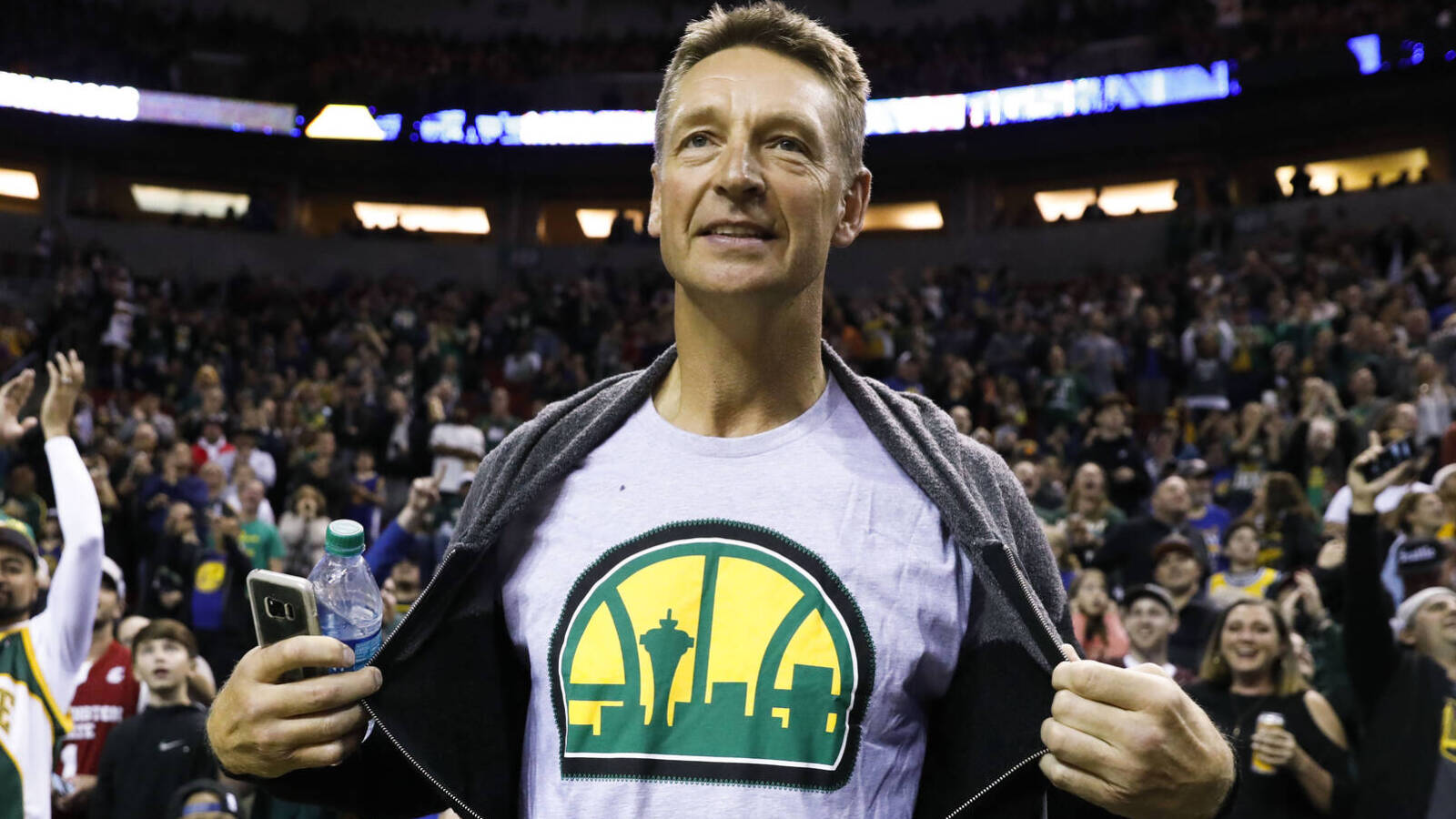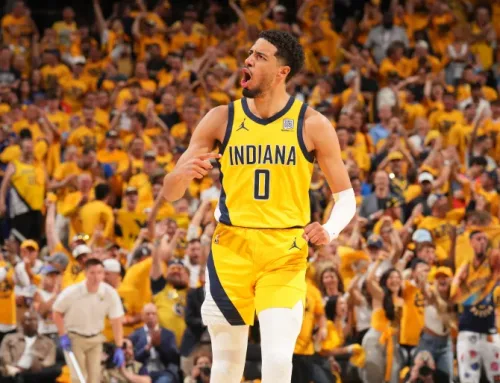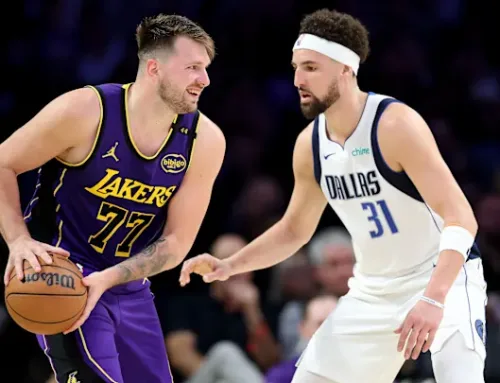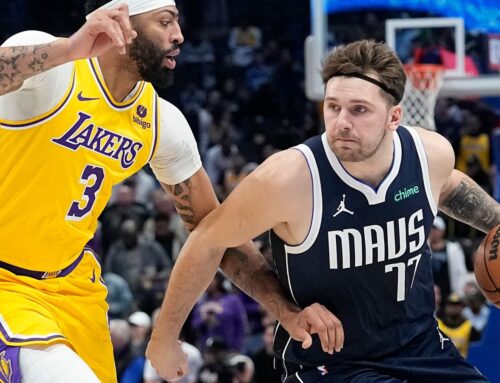By Avi Tyagi
We begin this exercise with Seattle. This is the obvious first pick. There are far too many factors that suggest that Seattle is a ready-made medium-large market, ready to bring the Supersonics back to glory. A hotbed for grassroot hoops, a passionate fanbase, and a top-15 media market with plenty of prospective investors make Seattle the perfect choice. The newly refurbished Climate Pledge Arena is ready for NBA basketball, even if it’s not a sparkly, spangled, state-of-the-art arena like the Golden 1 Center.
The second selection for an NBA expansion franchise will be far more laborious. Every obvious market already has enough teams nearby. Additionally, small-market teams in Memphis, New Orleans, Cleveland, and Orlando would advocate to maintain their 150-mile local market borders for local TV rights and social campaigns so that they can remain financially competitive with franchises in more condensed metropolitan hubs. Therefore, areas like Pittsburgh, Columbus, Tampa, Nashville, Jacksonville, and Cincinnati are likely off the books. A new team is also unlikely to be one of the smallest markets, as the league tries to increase the profitability of the league. Part of the reason the league never looked to Kentucky as an option was because of its relative market size even in comparison with areas such as Milwaukee, Indianapolis, and San Antonio, and that was before the addition of Memphis further crowded the local market borders. As such, with Milwaukee as a cutoff for market size, there are only a few options to choose between. I’ll go through each in increasing likelihood.
Least likely: Kansas City
There is an opening between Oklahoma City and Minnesota for an NBA team to build a fanbase in the middle of the country. The key is to remain westward. Travel even a hop eastward, such as to St. Louis, and the new team would immediately infringe upon the competitive marketing boundaries of Chicago, Indiana, and Memphis. Kansas City is more than 350 miles away from every local market, but would still be within the television broadcasting region of St. Louis, Omaha, and Des Moines. Theoretically, the T-Mobile Center could easily become a full-time NBA arena capable of seating almost 19,000 (only slightly below league average for a full capacity marker). With a strong connection to BIG 12 hoops culture, uniting basketball fans across the state should be easier in the social media age than it was when Kansas City first received a team. However, there are ultimately too many factors working against KCMO to merit receiving a team. The City of Fountains lost its original NBA team due to poor attendance records in the late-60s and that history may be weighed against them. Additionally, finding an ownership group may be more difficult considering the market size and the buy-in fee. Any new ownership group would have to be hoping that the new franchise would instantly buy loyalty and huge ticket sales from KCMO sports fans to make it work in the short term. In the long term, the franchises would need to escalate significantly more to compensate for the cost of the rumored 4-billion-dollar expansion fee. In total, that in itself makes it far too unlikely for a new team in Missouri.
Wild Card: Mexico City
The NBA would love to expand across the continent once more. Securing Mexico City would enable the 19th largest city in the world to have an NBA team to root for. Internationally, a team based in a Spanish-speaking country would further improve league marketability. Mexico City Arena already houses the G League’s Capitanes de Ciudad de México so an arena is ready. With a large population and plenty of support in G League games, finding fans might be relatively easy. If Mexico were truly on the table, finding investors might not be arduous either. The difficulties lie with logistics. Travel becomes far more difficult. The sheer distance between Boston and Mexico City is almost equivalent to 1/5 of the Earth’s circumference and road teams would be playing at an altitude of 7,300 feet, surpassing even the lofty heights of Denver and Utah. It’s difficult to tell if there would be any international political hurdles, but it is worth briefly mentioning. While players once showed disdain for joining the Raptors and crossing national borders to Canada, it would be far simpler than adjusting to a new language, altitude, and the potential season-long separation from family members by more than 2,000 miles. Would players put their foot down and emphatically push for a different location? All of these questions are why Mexico City is a wild card candidate and not the favorite for the final spot.
The real pick will be Las Vegas.
While Las Vegas might seem straightforward on paper, it’s not the clear and obvious choice it may appear to be. Las Vegas would still be one of the three smallest local markets alongside New Orleans and Memphis if it joined today. While Vegas is the home to many events on the AAU circuit, to the G League Showcase, and to Summer League, it’s difficult to tell if there would be widespread NBA fan support. Memphis only has the Grizzlies. New Orleans is within reach of Baton Rouge and Mobile and only supports the Saints and Pelicans. Las Vegas is situated far from many other giant metropolitan areas and already has a successful expansion hockey team in the Stanley Cup-winning Golden Knights, recently added the Raiders, and is already in the process of accepting the A’s. For as prosperous and lucrative as the region may be, asking it to support 4 teams at once may be a bridge too far. Fanfare has not been overwhelming in preseason environments and Vegas already has a role as an NBA experience city. Nonetheless, the sheer number of willing Vegas investors and the sleek and modern T-Mobile Arena seems to make Las Vegas the favorite for expansion. However, if I had to make a pick, it would be none of the above.
Montreal
An unexpected surprise. With more than 4 million people living in the Greater Montreal area, it is the second biggest market in Canada and could easily become an above-average market. While Vancouver may have scared the NBA off from a second team in Canada, Montreal is further away from most NBA teams than Vancouver is from Seattle and is far larger in absolute market size. In the heart of Quebec, Montreal could serve as another bridge to invite more of the French-speaking world into basketball. The city currently only supports the Canadiens, one of the most profitable NHL teams with an arena already capable of hosting 22,000 basketball fans. Over time, new owners could choose to move out and build their own custom, modern building, but the Bell Centre offers the luxury of time and patience. With the right marketing and a good start, it would not be a surprise if Montreal quickly became a draw and fostered fandom through a rivalry with the nearby Raptors. With NBA already having crossed the bridge into Eastern Canada once before with Toronto, establishing a second team should be easier. The Raptors-Celtics preseason game provided a proof of concept and effectively displayed the raucous environment that the league would be hoping for. Investors have previously met with the NBA to discuss the opportunity and I think Montreal would be the perfect choice for a 32nd team.
For a final touch, an idea for new divisions with Seattle and Montreal in the fold:
| Northwest | Southwest | Midwest | South | North | Atlantic | Southeast | Northeast |
| Sonics | Lakers | Nuggets | Mavs | Bucks | Knicks | Hornets | Celtics |
| Blazers | Clippers | Thunder | Rockets | Bulls | Nets | Hawks | Raptors |
| Kings | Suns | Pacers | Pelicans | Cavaliers | Wizards | Heat | Montreal |
| Jazz | Warriors | Grizzlies | Spurs | T-Wolves | 76ers | Magic | Pistons |
An Alternate:
| Pacific | Southwest | Midwest | South | North | Atlantic | Southeast | Central |
| Sonics | Lakers | Nuggets | Mavs | Montreal | Knicks | Hornets | Pacers |
| Blazers | Clippers | Thunder | Rockets | Raptors | Nets | Hawks | Bulls |
| Kings | Suns | T-Wolves | Pelicans | Bucks | Celtics | Heat | Cavs |
| Warriors | Jazz | Grizzlies | Spurs | Pistons | 76ers | Magic | Wizards |
While I consider the first option more likely, I could see the NBA mix and match until it arrives at its preferred divisional structure for revenue, travel, and engagement purposes. In summary, Seattle and Montreal could further bolster the NBA’s competitiveness on and off the court and bring in two substantial sets of passionate fans. The CBA is complete, the league is ready, the players are ready, and the fans are ready. Let’s make it happen.
